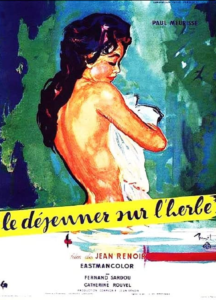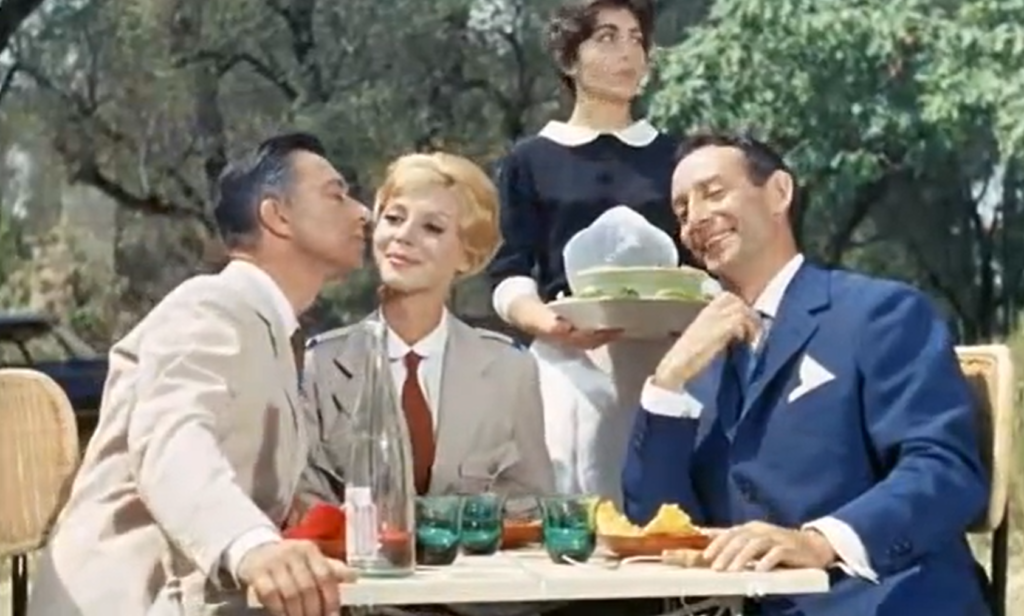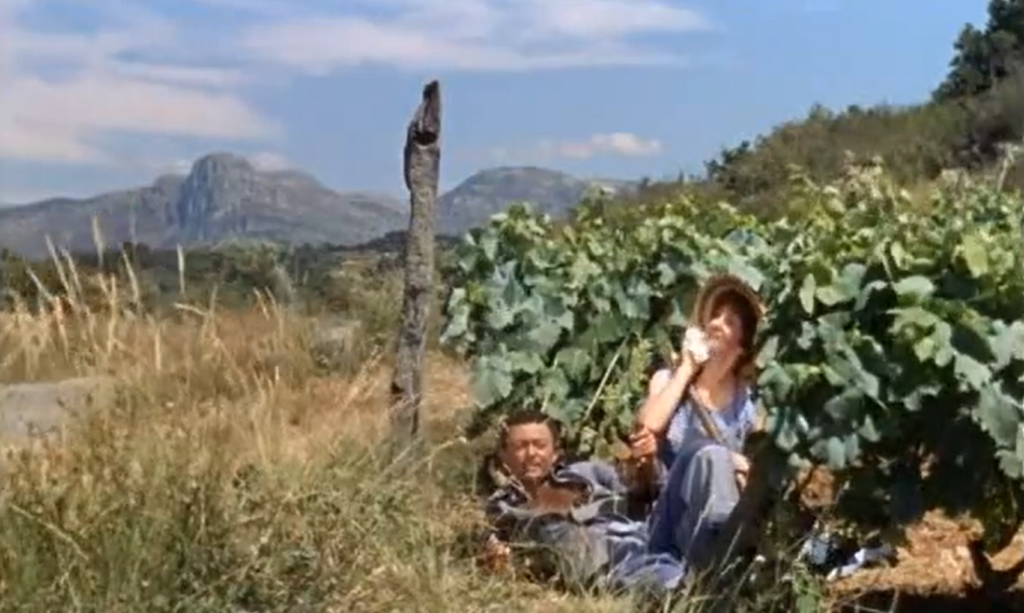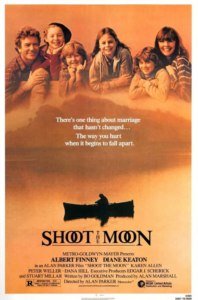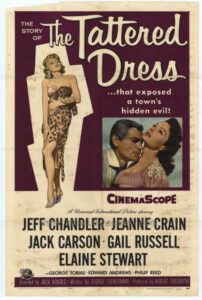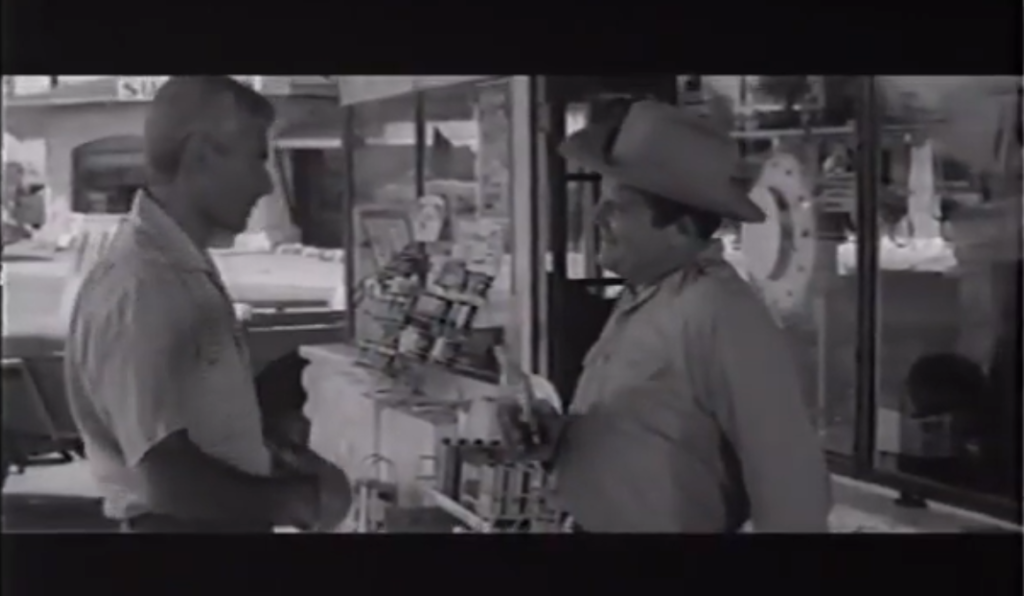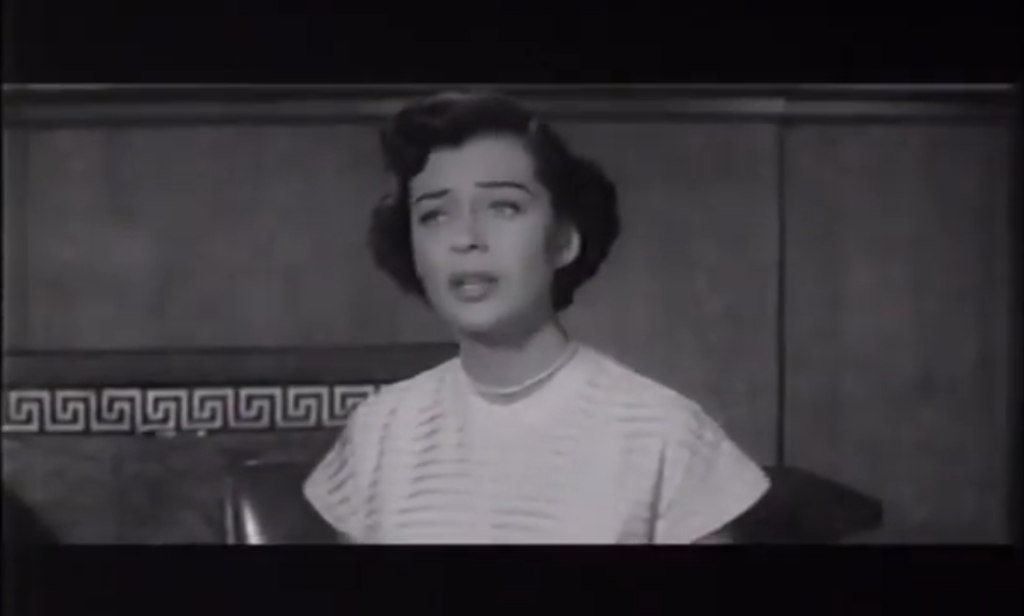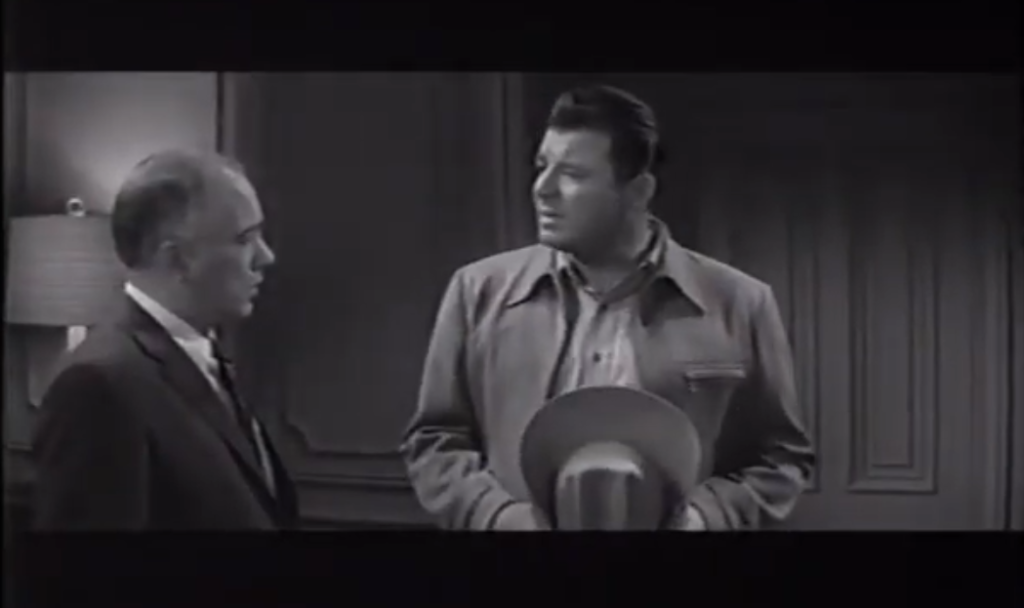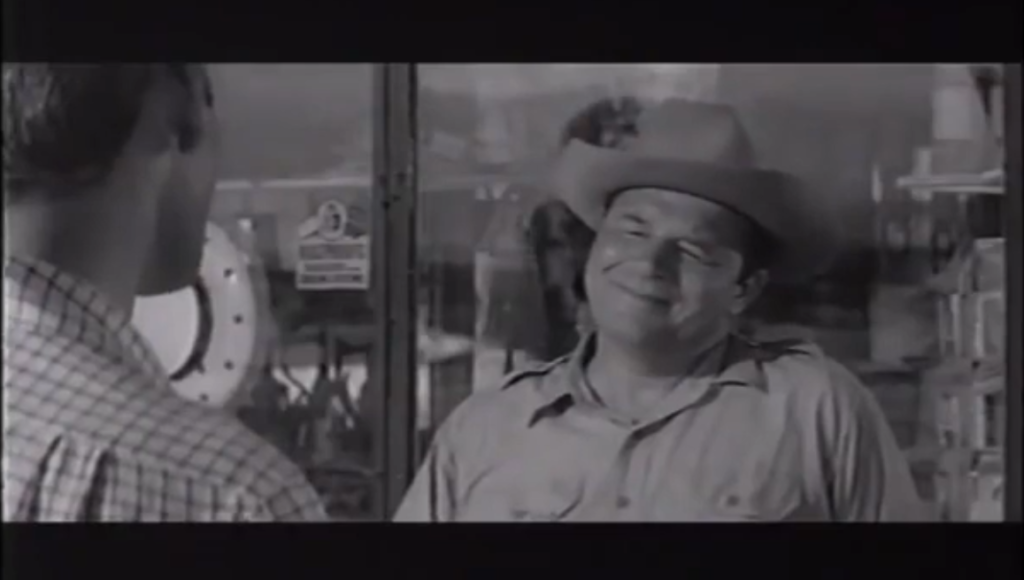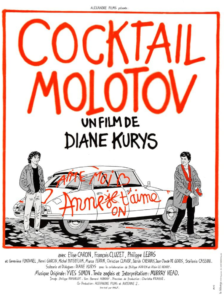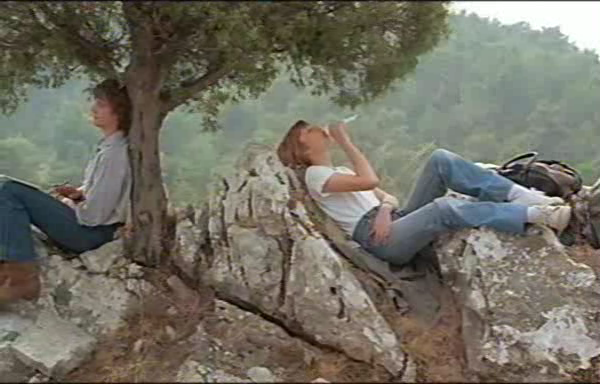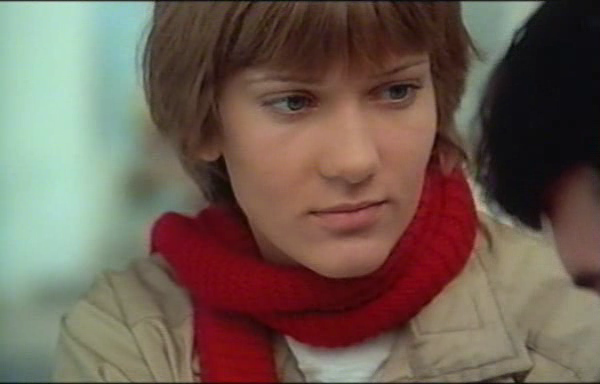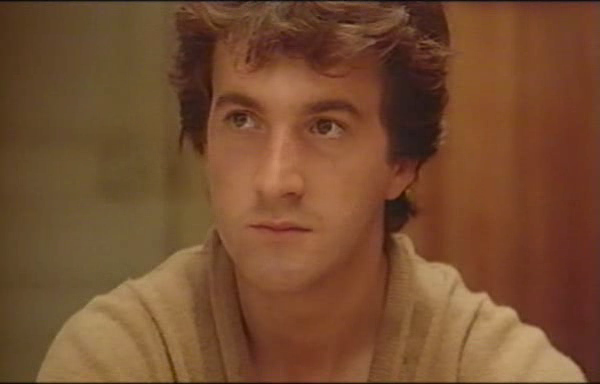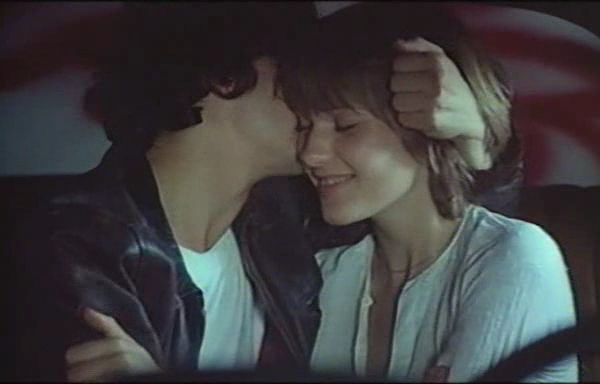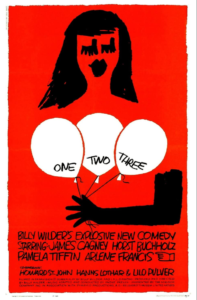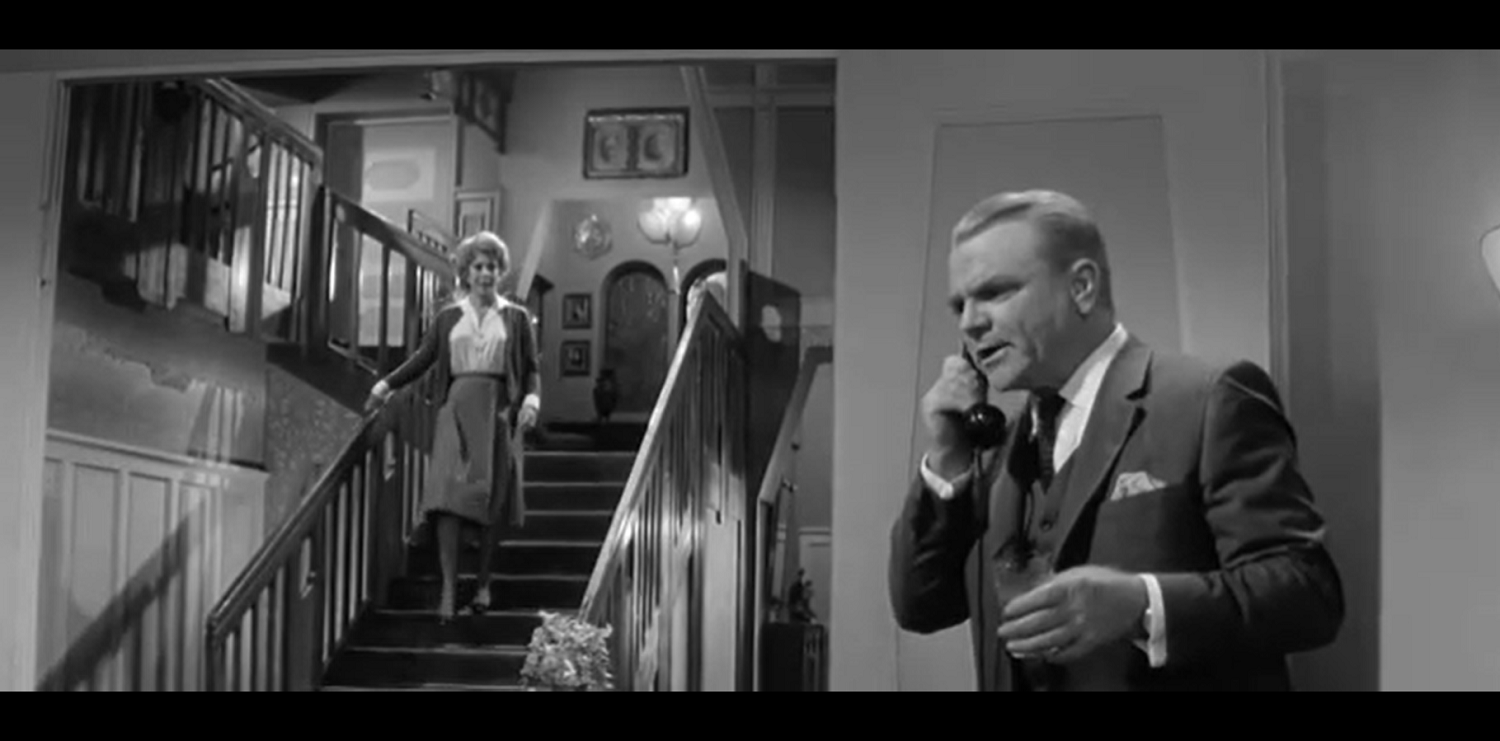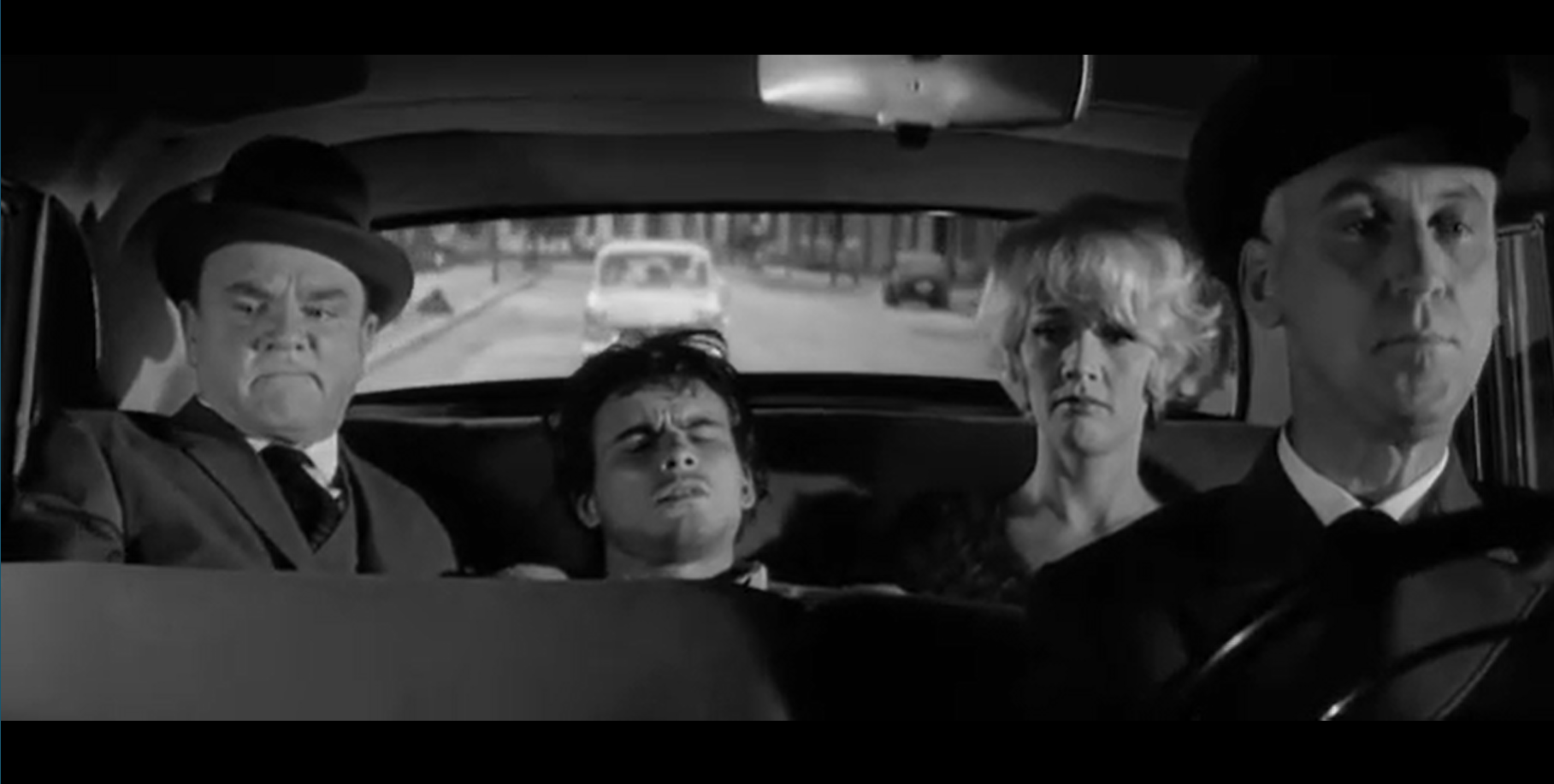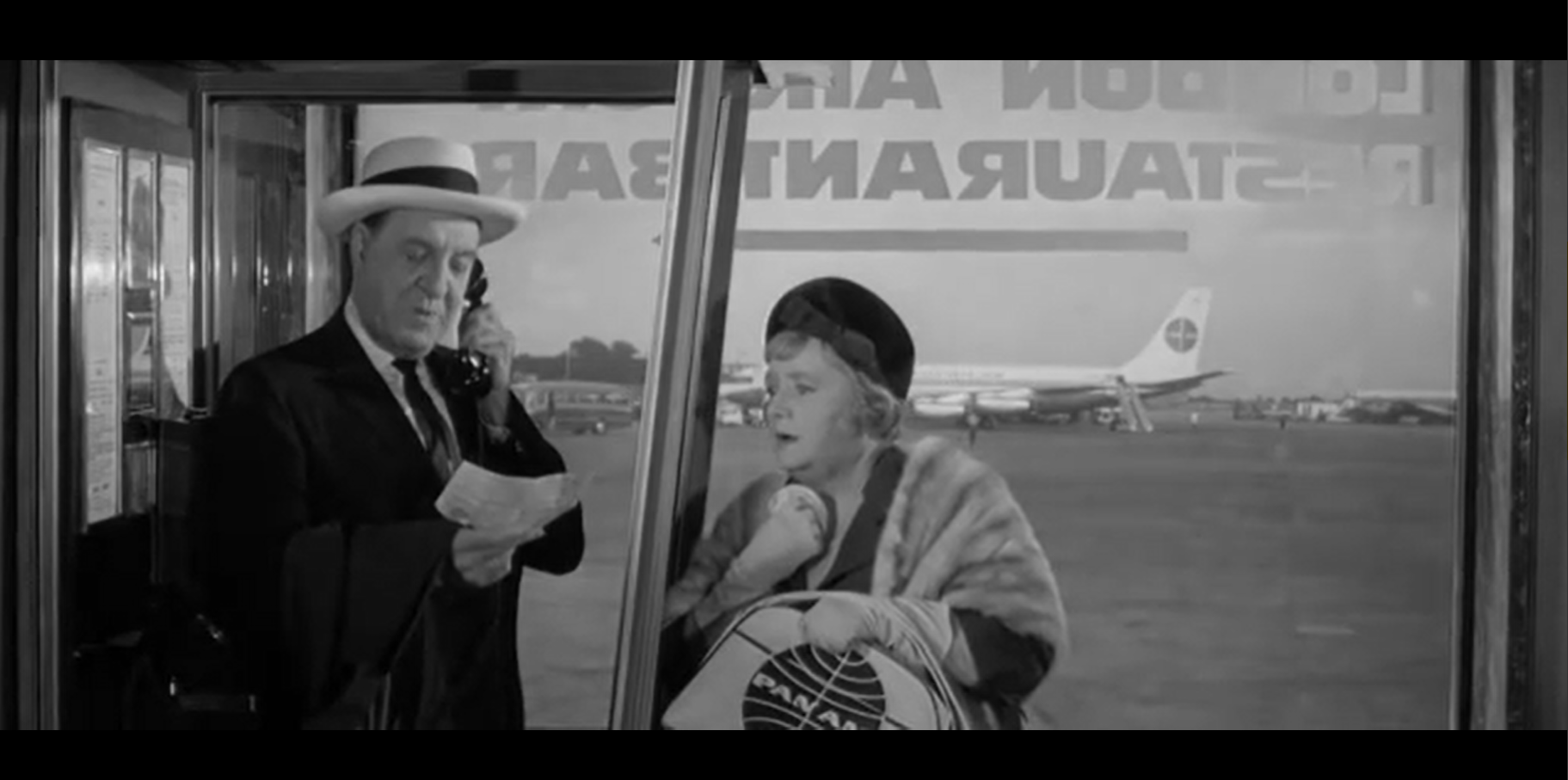|
Genres, Themes, Actors, and Directors:
- Alan Parker Films
- Albert Finney Films
- Diane Keaton Films
- Karen Allen Films
- Marital Problems
Review:
Alan Parker’s no-holds-barred portrait of a marriage unraveling (note the single non-actor genre listed above) doesn’t make for easy viewing: from the opening scene, in which we watch Albert Finney sinking into deep despair as he overhears the excited voices of his wife and four daughters in a nearby bedroom, it’s clear that things have gone terribly wrong in what appears to be an idyllic situation.
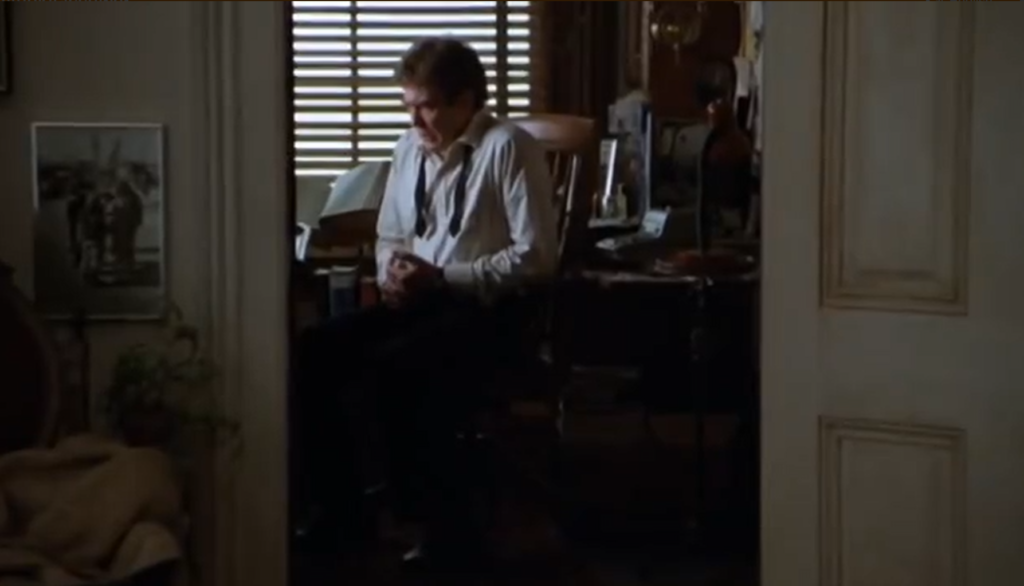
After all, George (Finney), father of four healthy daughters and husband to a beautiful wife, is about to win a prestigious writing award, and lives in virtual paradise in a converted farmhouse among the rolling hills of Marin County, California.
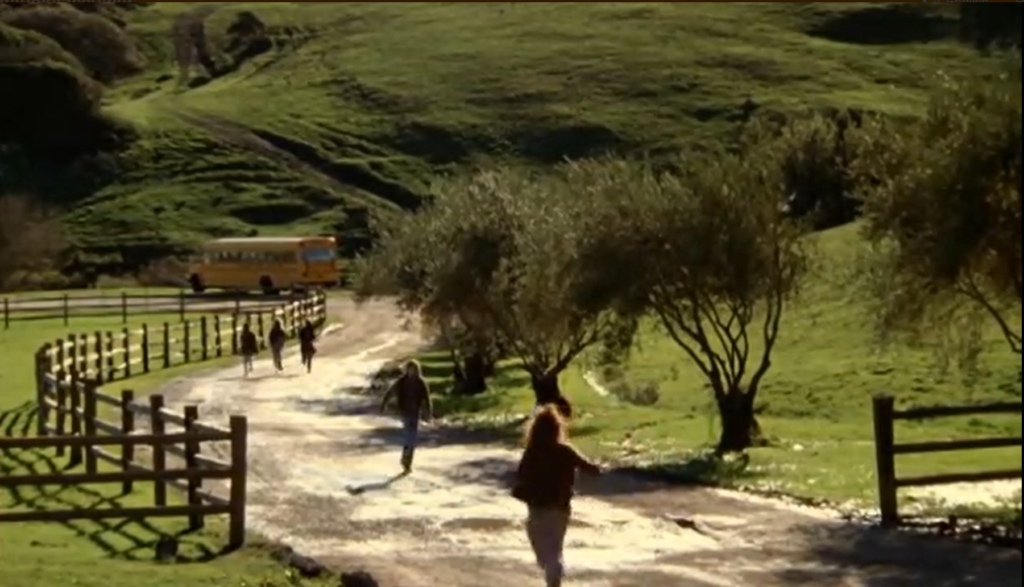
Yet despite all this, George’s marriage to Faith (Keaton) is clearly no longer viable: he has a not-so-secret lover (Karen Allen), and Faith has his bag packed, ready for him to leave as soon as the awards ceremony is over.
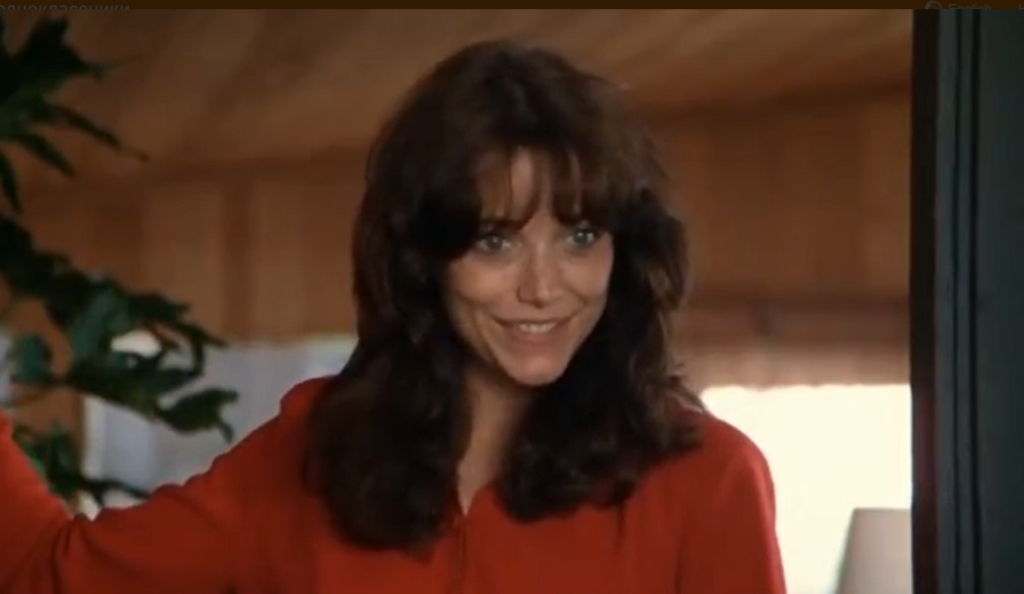
The remainder of this bleak but compelling film is essentially concerned with portraying the ways in which George, Faith, and their kids handle the separation. Faith sinks into depression, eventually taking on a lover (Peter Weller), a silent-but-handsome construction worker who has fortuitously arrived to build a tennis court on her property.
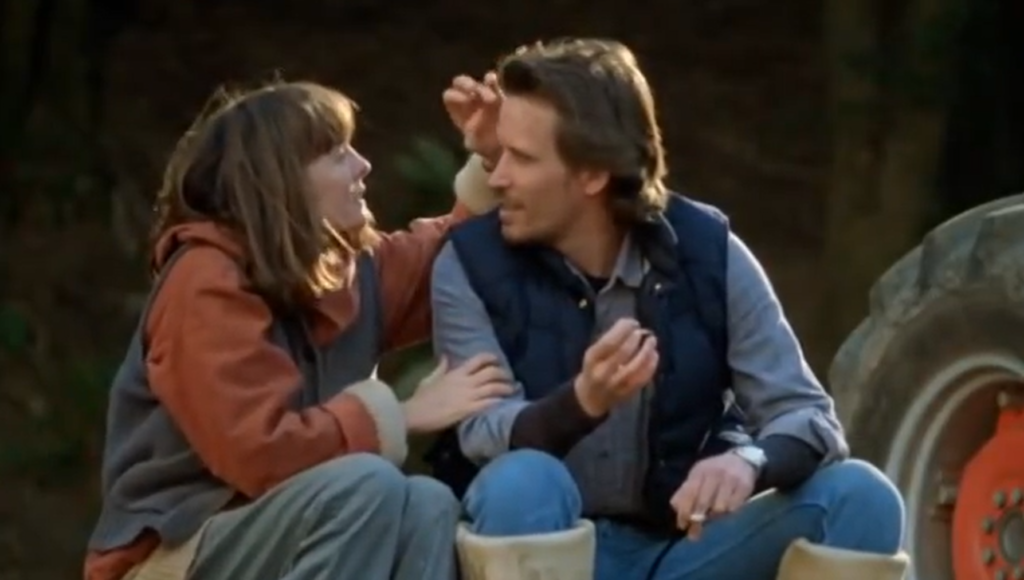
George continues his affair with Sandy (Allen), yet maintains a ferocious sense of ownership over his house and family. Sherry (Dana Hill), their oldest daughter, reacts with understandable dismay and confusion at seeing her parents struggling to make sense of their situation.
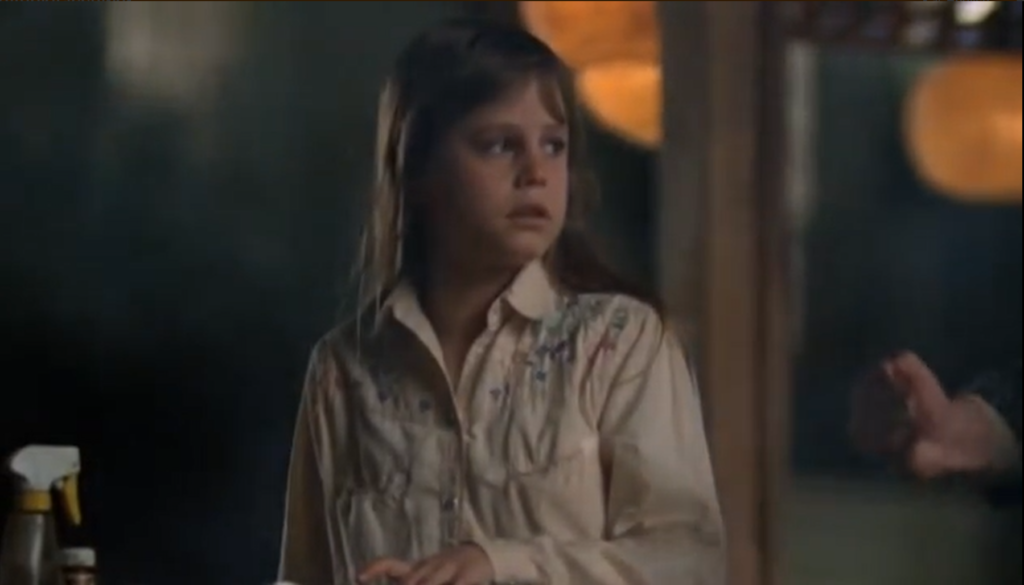
The younger three girls (whose personalities are unfortunately not given much of a chance to emerge) remain staunchly devoted to both parents, even when their volatile father acts with shocking levels of violence.
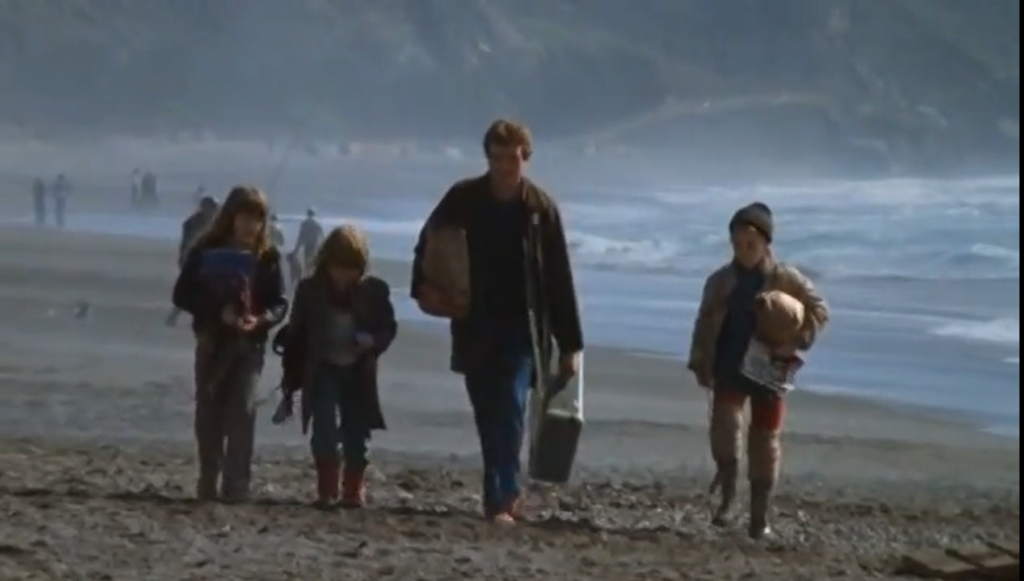
Meanwhile, there’s an ongoing attempt by each of the characters to determine what exactly “went wrong” in this marriage — a question not easily answered.
Most of the film works well: the lead actors (Finney, Keaton, Hill, Allen) all give nuanced performances; Bo Goldman’s script is often incisive (“You’re kind to strangers.” “Yeah, strangers are easy.”); and beautiful Marin County locales are used to remarkable effect (helped in no small part by Michael Seresin’s stunning cinematography). However, the film isn’t entirely satisfying. One scene in particular — the critically panned “restaurant scene” between Finney and Keaton, occurring late in the film — is horribly misdirected by Parker as screwball farce, rather than being allowed to serve its more serious explanatory purposes:
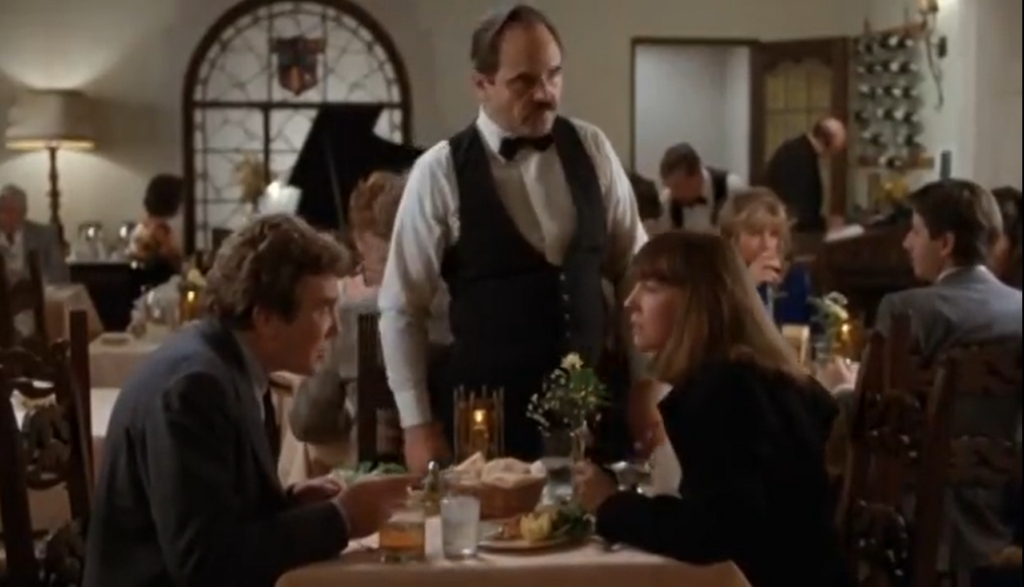
And the final, deeply disturbing scene — while clearly designed NOT to provide any type of closure to this stickiest of narratives — doesn’t quite ring true. Nonetheless, most film fanatics will want to check out this undeniably powerful film at least once, for its many strengths.
Redeeming Qualities and Moments:
- Diane Keaton as Faith (nominated as Best Actress of the year in Peary’s Alternate Oscars)
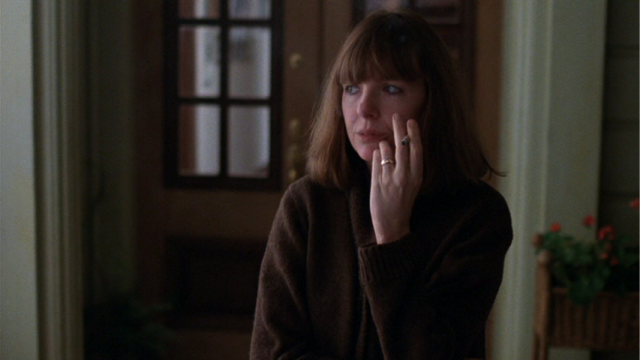
- Albert Finney as George (nominated as Best Actor of the year in Alternate Oscars)

- Dana Hill as Sherry

- Michael Seresin’s cinematography
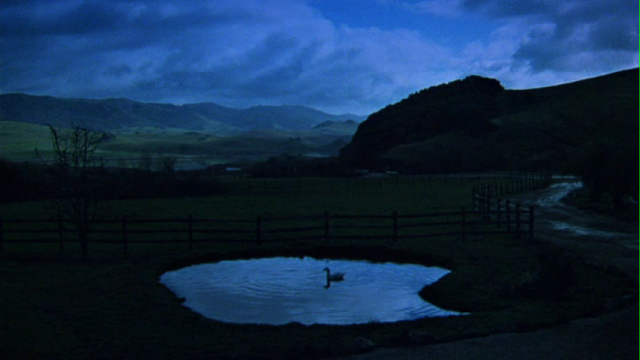
Must See?
No, but it’s worthy viewing at least once.
Links:
|
